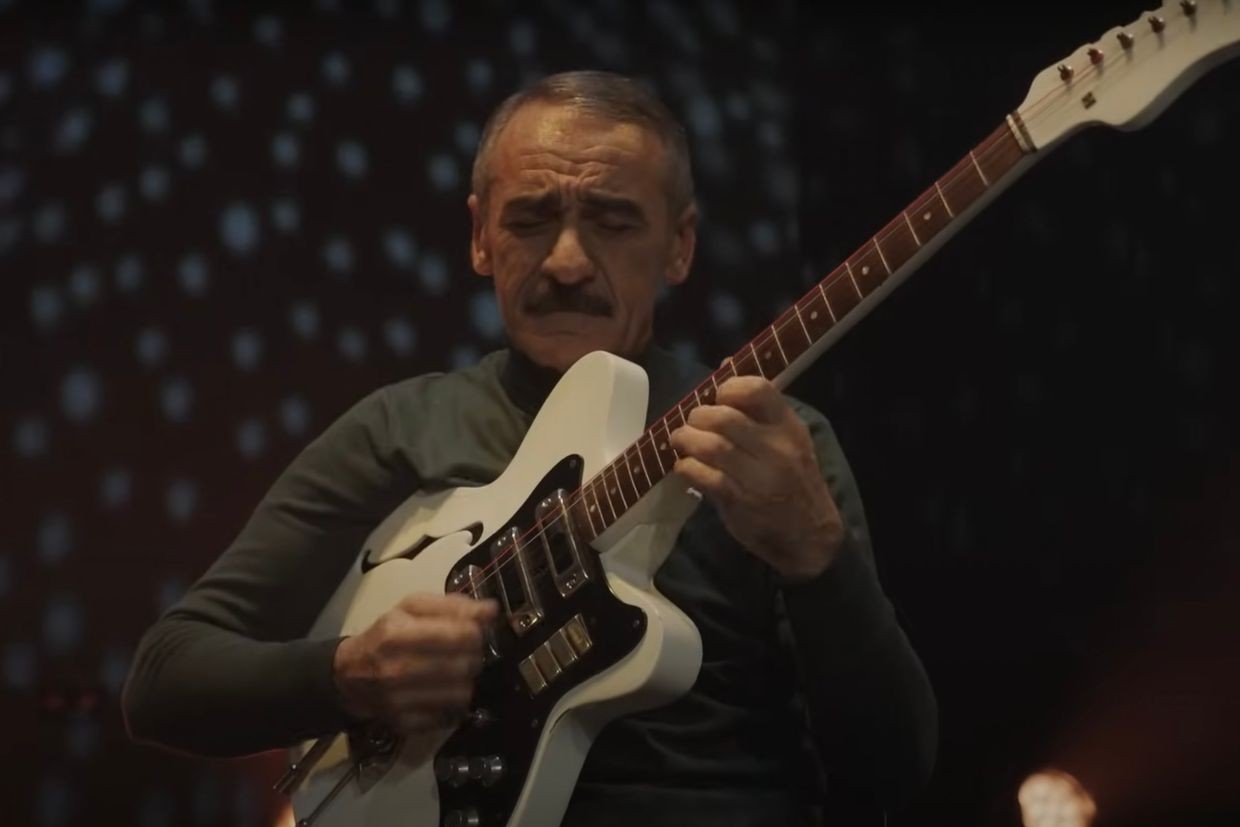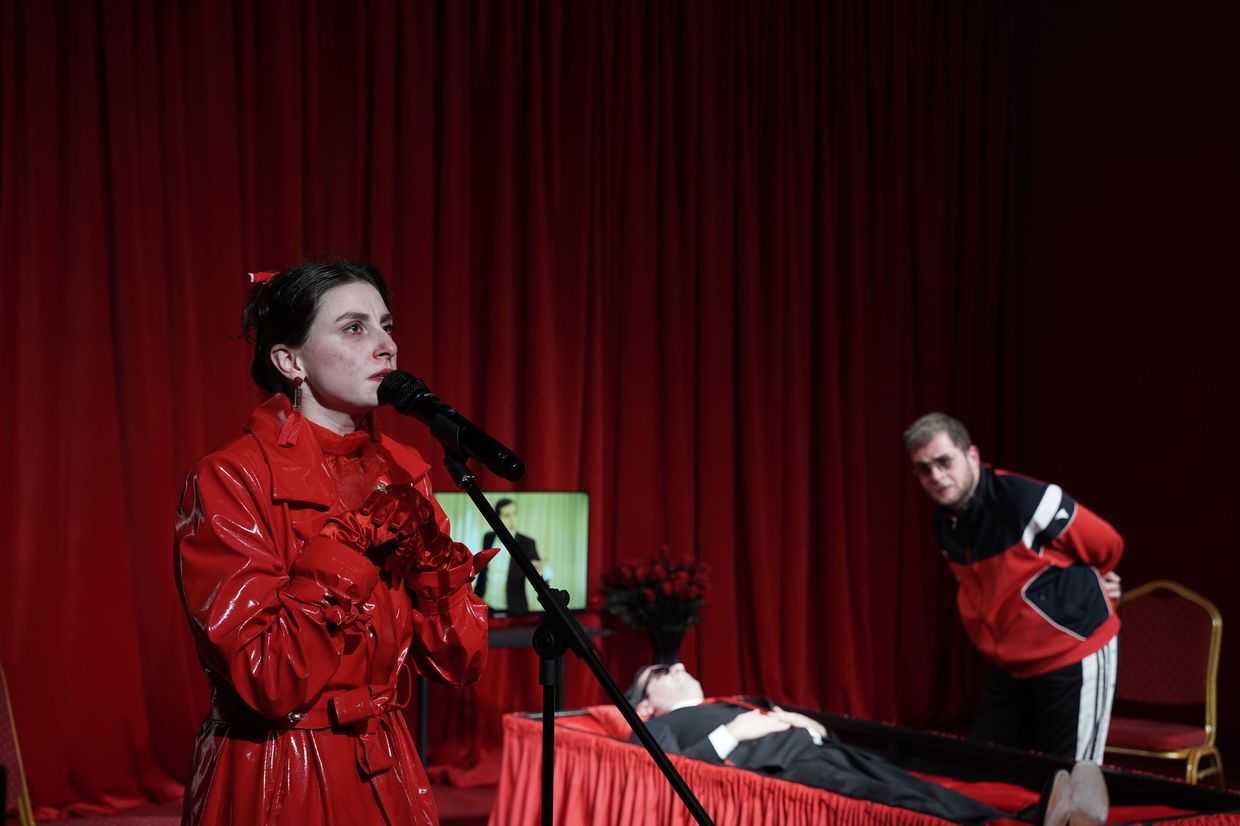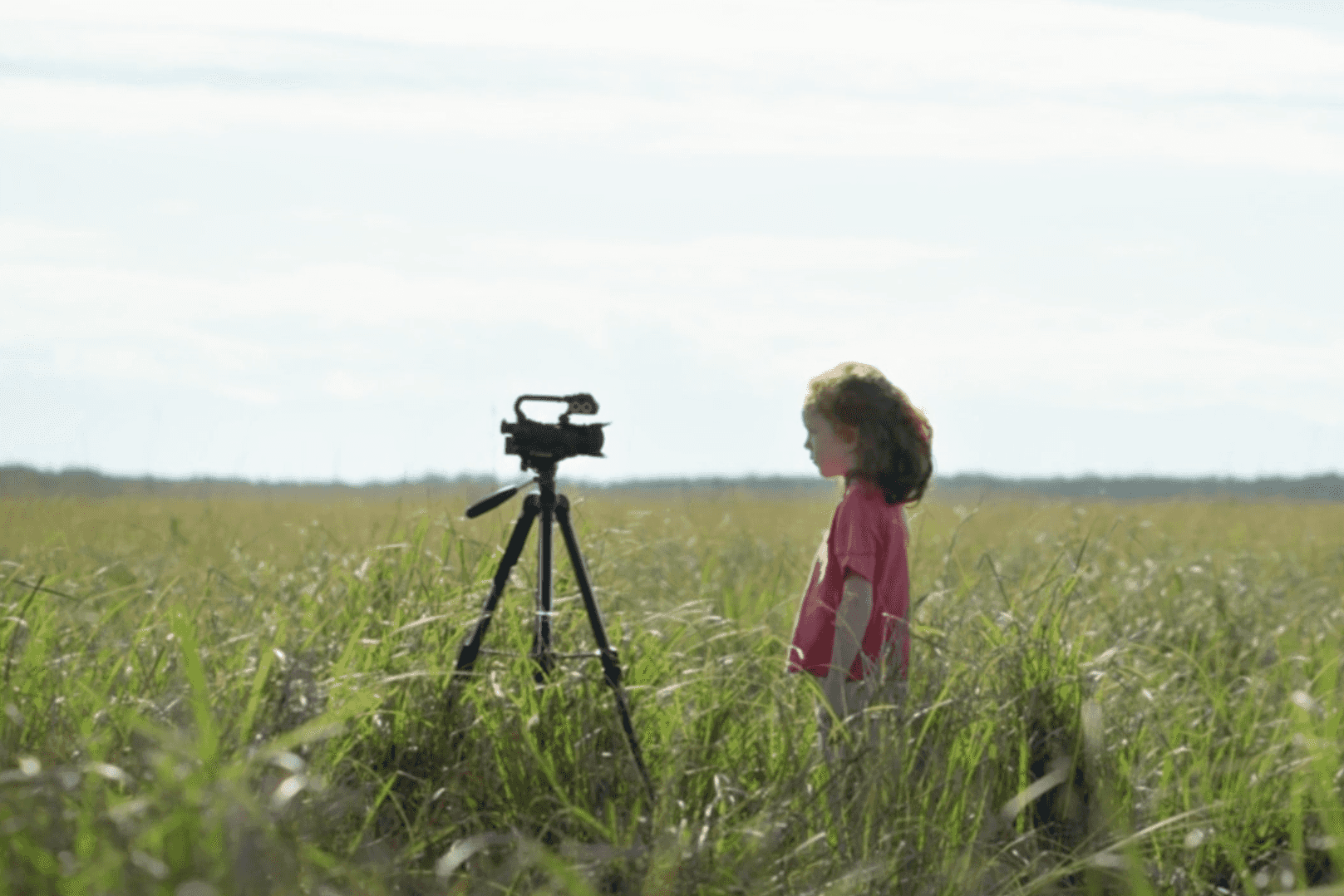Review | Rahman Mammadli — psychedelic Azerbaijani guitar that mixes traditional with contemporary

The short set highlights Rahman Mammadli’s soulful guitar solos and unique, traditionally-influenced playing style.
I first came across Mammadli’s KEXP performance while I was selecting something to listen to while I’m editing, as I normally do. KEXP is a radio station from Seattle which has gained international recognition for its showcasing of indie music, particularly on its YouTube channel, which is known for posting live performances with impeccable sound engineering. Combined with the Azerbaijani name and the guitar in the thumbnail, I gave it a try.
Mammadli’s performance was one of those rare finds you come across on the internet that sticks with you. On the first listen, I was reminded of an increasingly popular genre called desert blues, hailing from the Saharan region of Africa, which combines traditional North African music with American-inspired blues. The results, illustrated by artists like Bombino and Mdou Moctar, combine Hendrix-style fuzzy psychedelic guitar solos with the sounds of traditional music from the region.
Mammadli’s trio — he is complemented by an electric piano and a hand drum, called a nagara — combines similar elements. It highlights his hypnotic, fuzzy guitar solos that incorporate Azerbaijani mugham, a traditional musical genre that is rich in improvisation and deep emotional expression.
Mammadli uses a technique marked by expressive vibrato and a flurry of rapid pull-offs and hammer-ons with distortion and reverb. This makes for a fluid and ornamental characteristic of playing that emulates the vocal nuances of mugham singers, earning him the nickname ‘the man with the singing fingers’.
A lot of the scales and modes used by Mammadli are common throughout the broader Middle East and Central Asia. Take, for instance, the makam system, which breaks the octave into 24 notes instead of the 12 more prominently used in Western music. These include semi-tones, for example C half-sharp, providing a lot of subtle emotional and expressive inflections not available in standard Western scales.
Mammadli uses a Jolana Tornado guitar with a distinctive vibrato sound, which itself speaks to the history of rock music in the Soviet Union (including Soviet-era Azerbaijan). Jolana is a company originally from Czechoslovakia that gained international prominence after its guitars were used by Jimmy Page and Eric Clapton, but it was also the guitar of choice for musicians in the Soviet Union. The Jolana Tornado model in particular was popular in Azerbaijan, and was used by other Azerbaijani guitarists such as Rustem Khuliyev. The Tornado model has a different bridge system, which allows for a more vibrato tone that can mimic a more bluesy, fuzzed out version of the traditional string instrument, tar, that is used across the region.
Mammadli’s method of using his hand in lieu of a whammy bar allows him to create microtones and constantly alter the pitch, creating a common sound in Turkish and Azerbaijani music.
The resulting mix, particularly in the KEXP live performance, is a fascinating mix of sounds that evokes the traditional sounds one might hear in an Azerbaijani village with psychedelic rock from the 60’s and 70’s, all with a jazzy undertone.
Mammadli only has one album on Spotify — Azerbaijan guitar, vol. 2 — but I was not as taken with it, precisely because it was missing the fusion sound I found so impressive in his live performance, which I highly recommend checking out.
🗞️ Subscribe to the OC Culture Dispatch
For our culturally curious readers: a free, biweekly selection of film, book, and music recommendations from the Caucasus. Our team offers a varied selection of hidden gems, cherished classics, and notable new releases from all over the region, included in our newsletter.









